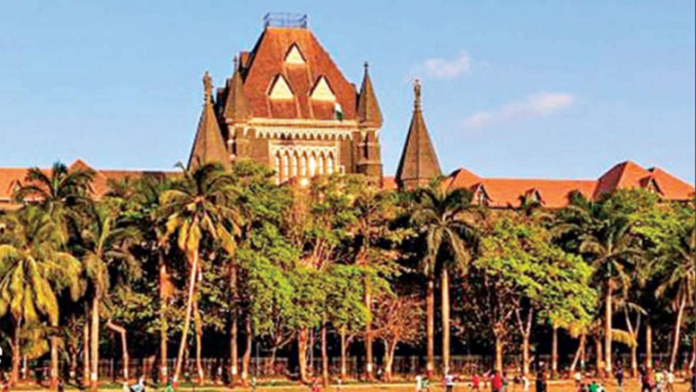The Bombay High Court issued notice on a Public Interest Litigation (PIL) filed raising concern about the ill effects of excessive use of artificial lights on the trees and other organisms and asserts that such excessive artificial lights are causing light pollution.
The High Court comprising Division Bench of Chief Justice Devendra Kumar Upadhyaya and Justice Arif S. Doctor whose attention has been drawn to a study conducted by the Department of Botany, School of Life Sciences, Guru Ghasidas Vishwavidyalaya, C. G. Bilaspur, India, which is published in a Research Journal, viz., Biological Rhythm Research.
According to the said study, the biological world including trees and other organisms are being affected by excessive use of artificial lights, which are put up during festive seasons and on other occasions.
The Counsel for the Petitioner has also referred to a Circular dated 03rd December 2015 issued by the Department of Forests and Wildlife, Government of National Capital Territory of Delhi, whereby certain measures have been taken to check the damage caused to the trunks of trees and roots on account of signboards, advertisements, electric wires, high tension cables and other damaging elements on the trees. The said Circular is based on an order dated 23rd April 2013 passed by the National Green Tribunal.
The Court’s attention has also been drawn to Section 2(c) of the Maharashtra (Urban Areas) Protection and Preservation of Trees of Act, 1975 (“the said Act”), which provides that the expression ‘to fell a tree’ includes burning or cutting or in any other way, damaging a tree. Section 8 of the said Act imposes restriction on felling of trees, which is subject to permission to be granted to fell a tree by the tree officer/tree authority. Thus, the submission is that in view of Section 2(c) read with Section 8, since putting up artificial lights and other kinds of electric wires on the trees, causes damage to the trees, such artificial lights and wires, etc., cannot be put up on the trees without a permission as required under Section 8 of the said Act.
While observing that the Petition raises pertinent question of public interest and, accordingly, the Bench call upon the Respondents to file an Affidavit in Reply within a period of four weeks and posted the matter on 12th June 2024.


